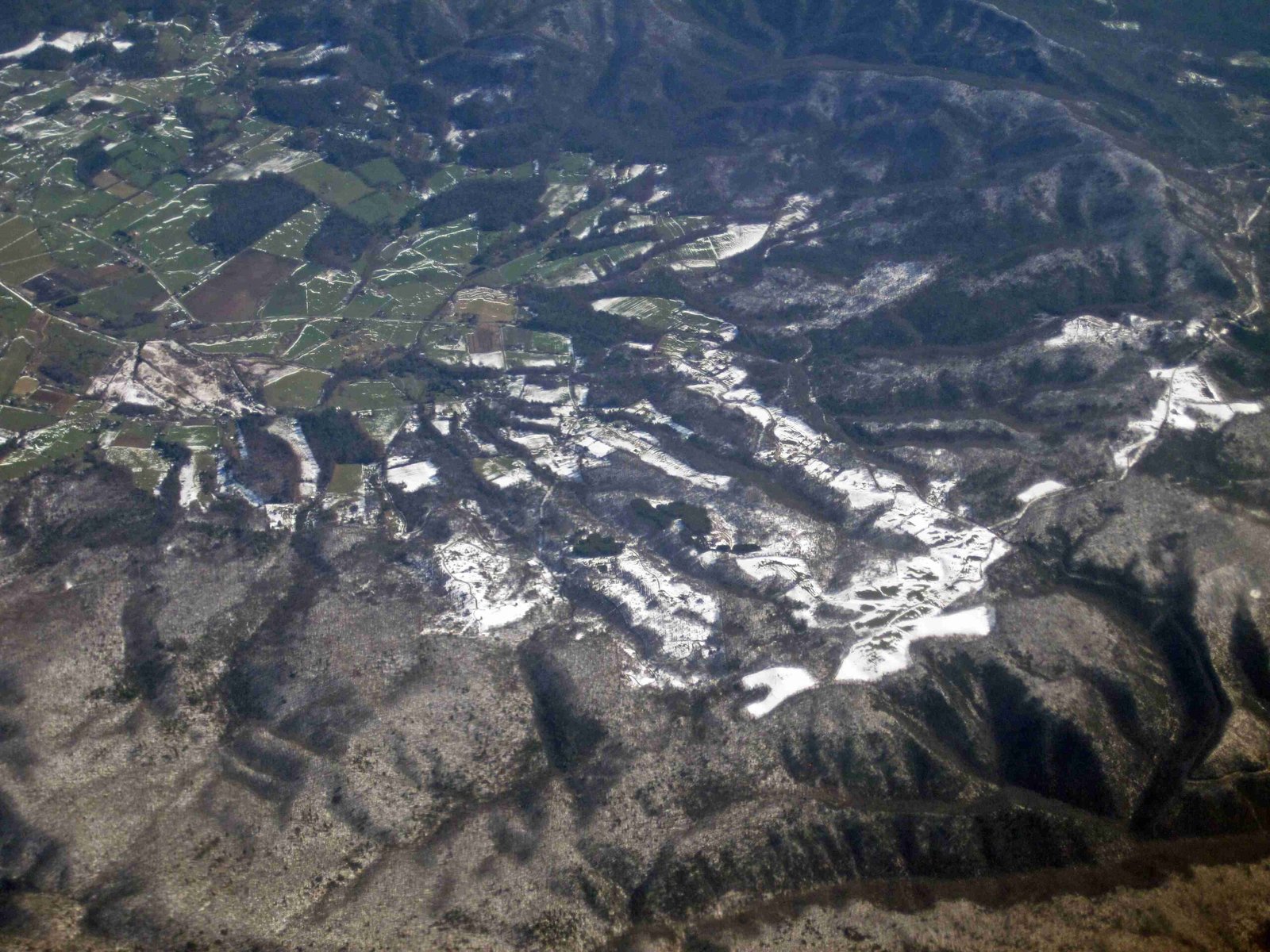The Appalachian Mountains transform into a spectacular canvas of crimson, gold, and amber during autumn, offering travelers a mesmerizing display of natural beauty. From late September through early November, the mountain ranges reveal a stunning color progression that varies by elevation, temperature, and environmental conditions, making precise timing crucial for experiencing the most vibrant fall scenery.
What Makes Fall Colors in Appalachian Mountains Unique?

Fall colors in the Appalachian Mountains are a result of complex biochemical processes triggered by changing daylight and temperature. As days grow shorter and nights cooler, trees stop producing chlorophyll, revealing hidden pigments like carotenoids and anthocyanins that create stunning red, orange, and yellow hues.
Elevation-Based Color Progression
| Elevation Range | Peak Color Period | Typical Colors |
|---|---|---|
| Above 6,000 ft | Late September | Sparse, Early Colors |
| 5,500-6,000 ft | First Week October | Vibrant Reds |
| 4,500-5,500 ft | Second Week October | Mixed Oranges/Yellows |
| 3,500-4,500 ft | Third Week October | Rich Palette |
| 2,500-3,500 ft | Fourth Week October | Warm Tones |
| 1,500-2,500 ft | First Week November | Muted Colors |
When Should You Plan Your Trip?

Best Weeks for Fall Foliage
- Late September to Early October
- Highest elevations begin color transformation
- Cooler temperatures trigger initial color changes
-
Best for mountain peak enthusiasts
-
First Two Weeks of October
- Most consistent and vibrant color displays
- Temperatures range 50-70°F
-
Ideal for photography and hiking
-
Late October to Early November
- Lower elevation colors emerge
- More accessible mountain regions
- Potentially fewer tourists
Top Locations for Fall Viewing
Must-Visit Mountain Areas
- Blue Ridge Parkway
- 469-mile scenic route
- Multiple overlooks
-
Consistent color progression
-
Great Smoky Mountains National Park
- Over 100 native tree species
- Diverse color palette
-
Multiple elevation zones
-
Grandfather Mountain
- 5,946 feet elevation
- Early color changes
- Panoramic viewing opportunities
Weather Considerations
Factors Influencing Fall Colors
- Temperature: Cool nights, sunny days
- Rainfall: Moderate precipitation maintains leaf quality
- Wind: Minimal wind preserves leaf retention
- Humidity: Low humidity enhances color intensity
Photography and Hiking Tips
Capturing Mountain Autumn Beauty
- Start at higher elevations
- Use early morning or late afternoon light
- Bring layers for temperature variations
- Check local fall foliage reports
- Carry wide-angle lens for landscape shots
Travel Preparation Checklist
Essential Items for Mountain Fall Trip
- Layered clothing
- Waterproof hiking boots
- Camera with extra batteries
- Binoculars
- Hiking backpack
- Navigation tools
- First-aid kit
Budget and Accommodation
Planning Your Mountain Getaway
- Budget Range: $100-$300 per day
- Accommodation Types:
- Mountain lodges
- Cabin rentals
- Camping sites
- Bed and breakfasts
Safety Recommendations
Mountain Travel Precautions
- Check weather forecasts
- Inform someone about your travel plans
- Carry emergency communication device
- Stay on marked trails
- Respect wildlife boundaries
Final Recommendations
The optimal time to visit Appalachian Mountains during fall is typically between late September and early November, with peak colors occurring in mid-October. Plan flexibility into your schedule, as exact timing can vary annually based on specific environmental conditions.
Pro Tip
Monitor local forest service and tourism websites for real-time fall foliage updates to maximize your mountain autumn experience.
References:
– Blue Ridge Parkway Fall Color Guide
– National Forest Service Autumn Reports
– Appalachian Mountain Club Fall Foliage Resources

